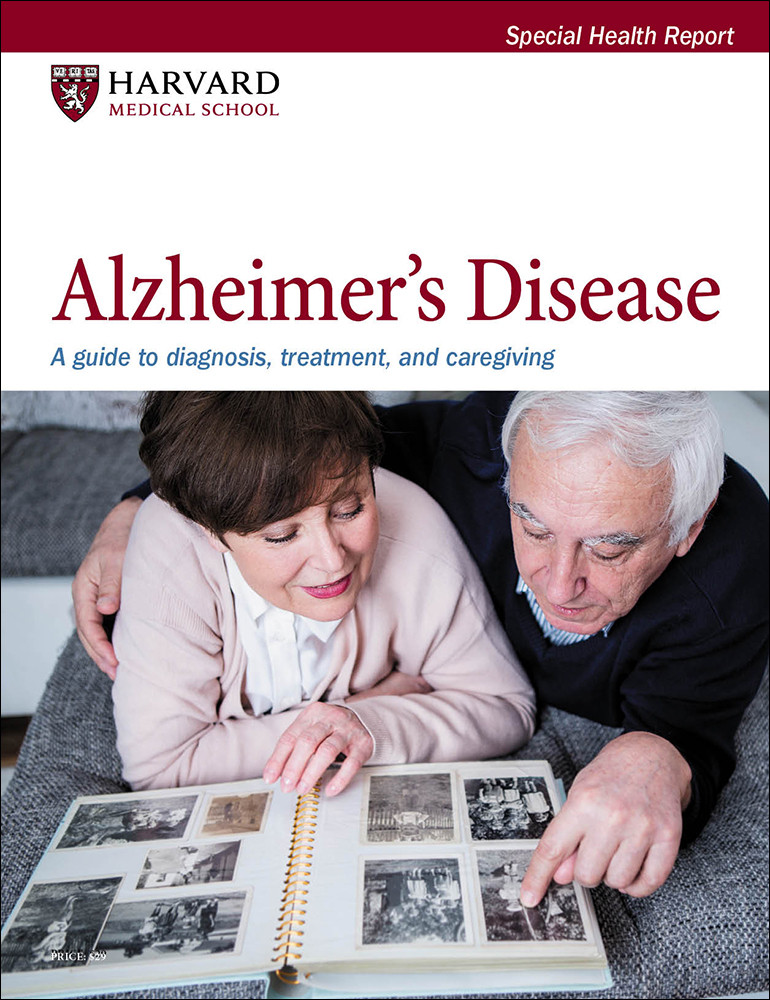Warning signs of Alzheimer’s disease
Here are some common warning signs of Alzheimer’s disease. If you or someone you love is experiencing one or more of the following symptoms, talk to a doctor.
Trouble remembering things. At first, only short-term memory may be affected. The individual may forget an appointment or the name of a new acquaintance. They may also forget where they left things, or leave things in odd places (for example, putting shoes in the microwave). Eventually, long-term memory is impaired, and the individual may not recognize family members.
Mood or personality changes. Someone who used to be social and outgoing may become withdrawn. The individual may also become stubborn, distrustful, angry, anxious, or depressed. They may develop symptoms such as loss of interest in a favorite hobby or activity, a change in appetite, insomnia or sleeping too much, lack of energy, and hopelessness.
Trouble completing ordinary tasks. Tasks that once caused no difficulty may become much more challenging. For example, someone may forget how to use a computer, drive a car, or use a tea kettle. Eventually, they may forget how to lock the door, get dressed, or bathe.
Difficulty expressing thoughts. It’s common for people with Alzheimer’s disease to have trouble with language. This typically starts with difficulty finding words. The individual may try describing an object rather than using its name— for example, referring to the telephone as “the ringer” or “that thing I call people with.” Reading or writing may also be impaired in later stages of the disease.
Impaired judgment. People might have trouble making decisions, solving problems, or planning. For example, they may no longer be able to balance a checkbook or pay bills.
Disorientation. We all know what it’s like to be driving and momentarily forget where we’re going. However, those with Alzheimer’s disease may get lost in their own neighborhood. They may also lose track of dates and time.
Unusual behavior. The individual may wander, become agitated, hide things, wear too few or too many clothes, become overly suspicious, engage in unsafe behaviors, or use foul language.













